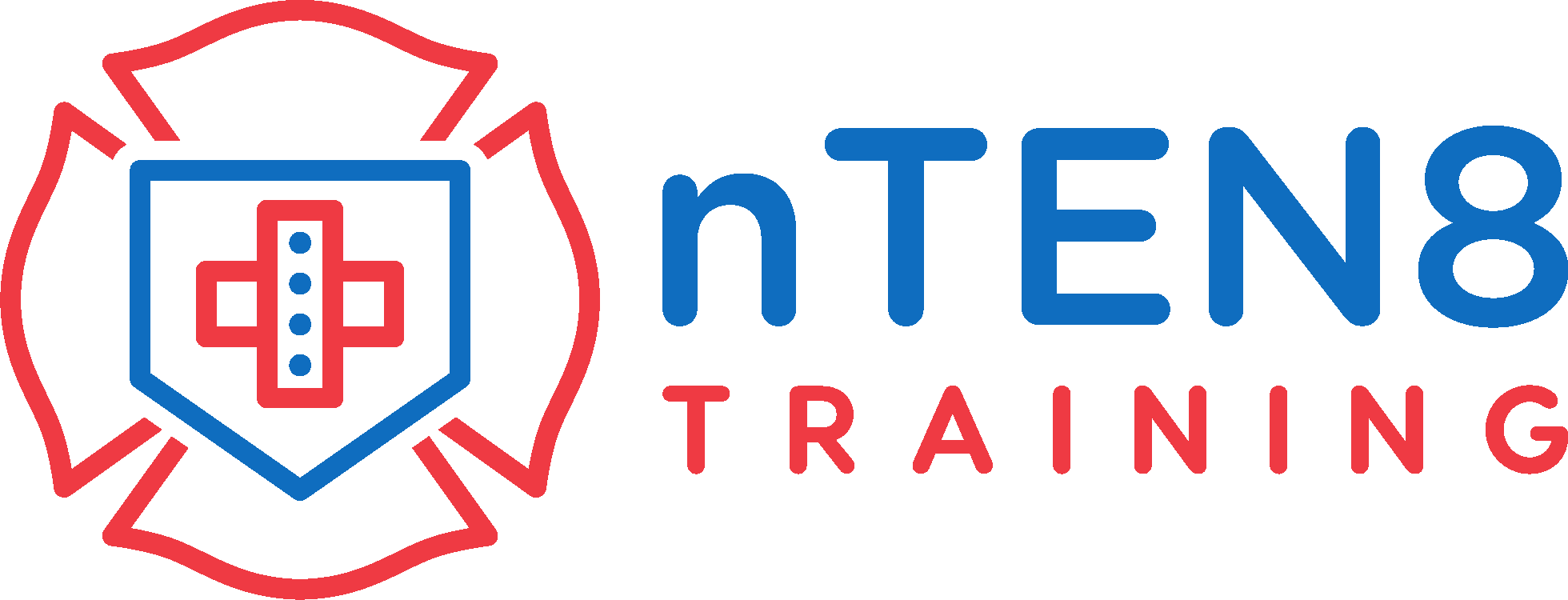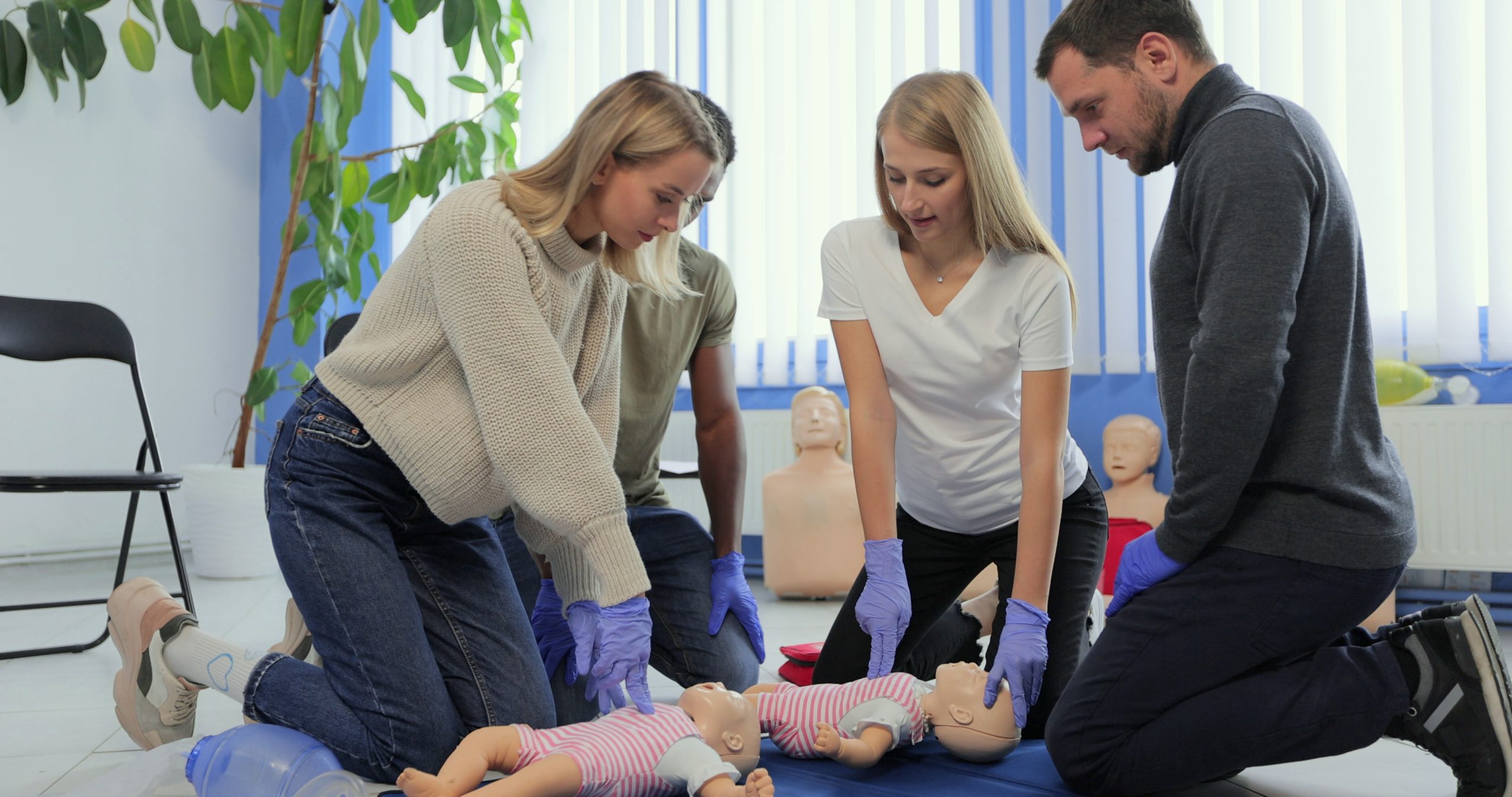Understanding Pediatric Emergencies (First Aid Basics): In this module, we'll examine common pediatric emergencies and equip you with the basic skills needed to respond effectively. Learn to recognize signs of distress and administer timely, child-friendly first aid.
Cuts, Scrapes, and Bruises: Gentle First Aid: Discover simple yet essential techniques for managing typical childhood injuries. This module ensures you're prepared to provide necessary first aid to comfort and heal, from cleaning wounds to applying bandages.
Fevers and Aches: Managing Pediatric Illnesses: Explore pediatric ailments and learn how to respond when a child is unwell. Acquire practical skills that make a difference, from managing fevers to easing aches. First aid isn't just for physical injuries; it's also about comforting young patients when they're sick.
Emergency Care for Choking and Breathing Issues: Preserving Every Breath: This module focuses on life-saving techniques for choking and breathing problems. Learn how to perform basic life support and clear airways in a way that's suitable for children. Every breath matters, and your first aid can save their life.
Identifying Allergies and Providing First Aid: Understanding allergies is crucial for providing pediatric first aid. This module explains how to recognize allergic reactions and promptly provide necessary first aid. Ensure you're prepared to confidently manage allergy-related situations.
Lessons
Brief Description of Paediatric First Aid
Module 1: Introduction to Paediatric First Aid
Module 2: Planning and Preparation
Module 3: Essential First Aid Knowledge and Skills
Module 4: Basic Life Support
Module 5: Fractures and Head Injuries
Module 6: Shock, Bleeding and Dressing Wounds
Module 7: Specific Medical Conditions
Module eight discusses the potential injuries and mishaps that children and newborns may experience, including bruising, cuts, and grazes. First aid is essential for minor injuries, and if internal bleeding is severe, medical attention is needed. Cuts and grazes can range in severity, and gentle washing or bathing can remove dirt and pollution.
Module 9: First Aid Documentation and First Aid Kits





